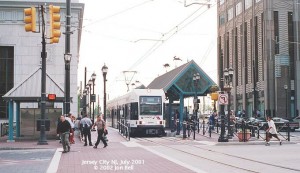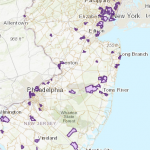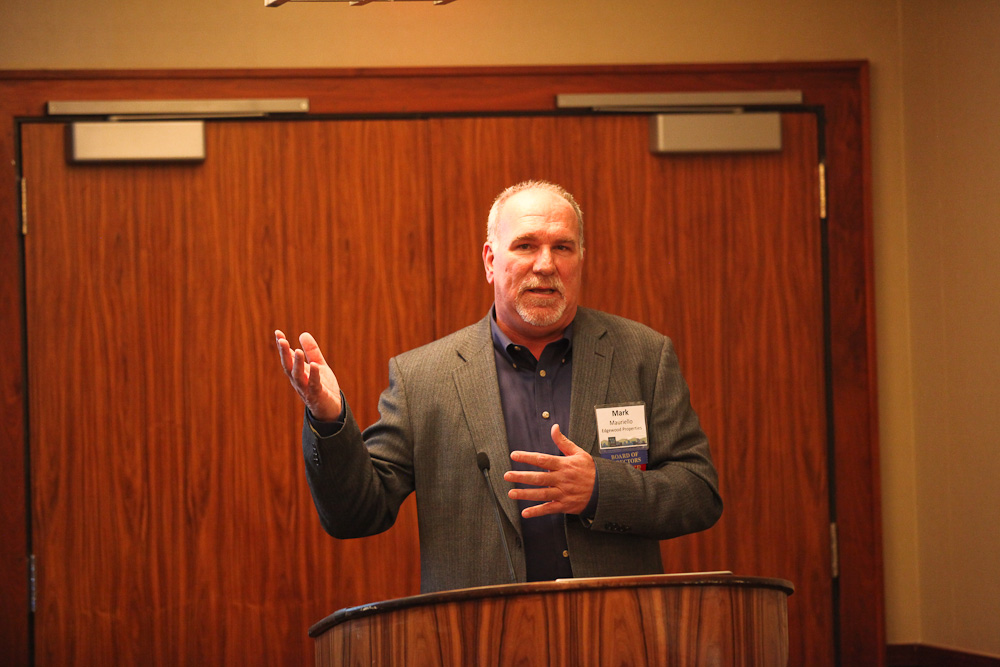New Jersey Future Blog
Jersey City and Ridgewood Adopt Complete Streets Policies, Bringing Statewide Total to 13
June 15th, 2011 by Jay Corbalis
When the state Department of Transportation adopted its Complete Streets policy in late 2009, it represented a significant step in the department’s ongoing effort to improve pedestrian safety, as well as a formal recognition that roads in New Jersey are meant for all users, not only drivers. The policy applies only to state roads, however, which represent only around 12 percent of all roads in the state. The rest are controlled by counties and municipalities, which are encouraged, but not required, to adopt their own Complete Streets policies.
After the DOT’s policy was adopted, a handful of municipalities followed suit by adopting their own, local policies. But in a state with some 566 municipalities, the pace of local adoption was not encouraging. Now, things are starting to change. In the past two weeks, Jersey City and Ridgewood have adopted Complete Streets policies, bringing the total number of Complete Streets policies in the state to 13 (12 municipalities: Hoboken, Montclair, Netcong, Red Bank, West Windsor, Lawrence, Linwood, Bloomfield, Emerson, Jersey City, Ridgewood and Denville; and one county: Monmouth).
The increased interest can be attributed to a couple of factors. The DOT has encouraged towns to adopt their own policies by saying they will be given priority in the local aid process, a factor that was cited explicitly by Ridgewood when adopting its policy. Another factor is the Sustainable Jersey program, a joint effort by the State League of Municipalities, the Municipal Land Use Center at The College of New Jersey and a variety of other partners (including New Jersey Future) that provides certification to municipalities that complete certain requirements related to local sustainability practices. One of the eligible tasks under the program is the adoption of a Complete Streets policy, and the connection has spurred significant interest in Complete Streets on the part of participating municipalities. In all, 33 municipalities have expressed interest in pursuing the policy.
To be sure, not all of these local efforts are equal; some are full-fledged policies being adopted and implemented by the governing body, while others are in the early stages, where a resolution has been passed in support of the Complete Streets concept. Going forward, setting guidelines for municipalities to follow and identifying key steps toward implementation will be important as more towns pursue Complete Streets policies.
Efforts are under way to do just that. Sustainable Jersey, supported by Shaping NJ, has scheduled three workshops on Complete Streets for local activists interested in pursuing the policy in their towns. Each workshop will highlight basic policy principles, potential resources and local case studies. The workshops will be held on:
- July 14 at Stockton College from 1 to 3:30 p.m. (register)
- July 19 at the West Windsor Municipal Building from 9:30 a.m. to noon (register)
- July 21 at the Rahway Public Library from 6 to 8 p.m. (register)
Meanwhile, the DOT is developing a curriculum for local officials that will lay out standards for good roadway design in a variety of settings (urban/suburban/rural).

















